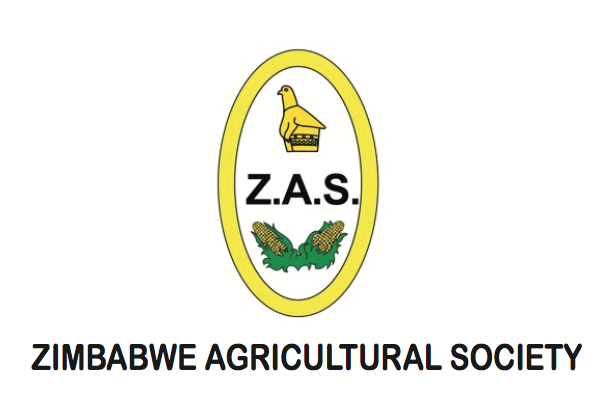THE Zimbabwe Agricultural Society (ZAS) in collaboration with the country's largest platinum producer, Zimplats has embarked on an extensive livestock revitalisation programme aimed at improving the quality and populace of the national herd.
ZAS head-programmes and public affairs Ms Roberta Katunga said 6 000 semen straws drawn from high quality bull breeds at last year's Harare Agricultural Show would be used to embark on an Artificial Insemination (AI) project under Government's Special Livestock, Fisheries and Wildlife Programme.
"ZAS embarked on the livestock revitalisation project, which basically focuses on improving livestock in the country in terms of genetics (quality) and the population (quantity). The AI project entails drawing semen from elite bulls exhibited at the Harare Agricultural Show and last year 6 000 semen straws were drawn, which will be used in the first phase of AI. However, in order to implement the project, funding is required hence the partnership with Zimplats," she said.
Ms Katunga said ZAS was working with the Department of Livestock and Veterinary Services and the Department of Agricultural Technical and Extension Services (Agritex) to sensitise farmers in targeted areas on the importance of AI.
"The launch of the project in Insiza (last week) heralded the beginning of the programme. The next stage, we are working with the Department of Livestock and Veterinary Services and Agritex to sensitise communities on the advantages of AI and in also identifying the animals and areas were AI will be done. Community engagements will be done in all the districts in Matabeleland South and Matabeleland North (provinces) where 5 000 of the straws will be inseminated as well as in Mashonaland West in the Mhondoro- Ngezi area," she said.
Ms Katunga said the AI programme would go a long way towards ensuring communal farmers rear livestock for commercial purposes instead of sentimental value.
"As ZAS, this intervention recognises that farming models need to change in order to create sustainability. Sustainability is the basis for replicability.
The current communal system, which had its roots in the colonial era, no longer supports a sustainable farming ecosystem. The proposed initiative seeks to introduce livestock production methodologies that support general agricultural production, enhance environmental farming practices and deliberately grow an improved national herd through a nationwide insemination programme. In addition, this programme will also empower communal farmers with better livestock rearing practices so as to ensure sustainability," she said.
Ms Katunga said the country's livestock sector has over the years been hampered by a myriad of challenges.
"The livestock sector has been compounded by poor training and inefficient models for farmer capacity building, a perennially low calving rate; recurrence of pests, diseases and epidemics; poor genetics; poor grazing habits; inefficient pasture management; weak regulatory enforcement; policy incoherence; unstructured and inefficient marketing systems and; the lack of coordination for the development of a viable and sustainable livestock value chain," she said.
- online
 OK Zimbabwe posts US$17,8 million loss
OK Zimbabwe posts US$17,8 million loss  Hichilema meets Chivayo
Hichilema meets Chivayo  Millions celebrate Diwali festival in India
Millions celebrate Diwali festival in India  Econet Zimbabwe to delist from ZSE
Econet Zimbabwe to delist from ZSE  Gold edges up as traders await guidance
Gold edges up as traders await guidance  Mnangagwa fires Chitando, appoints Polite Kambamura
Mnangagwa fires Chitando, appoints Polite Kambamura  Young Investment Professional (YIP) Graduate Programme 2019
Young Investment Professional (YIP) Graduate Programme 2019 











 Young Investment Professional (YIP) Graduate Programme 2019
Young Investment Professional (YIP) Graduate Programme 2019
Editor's Pick